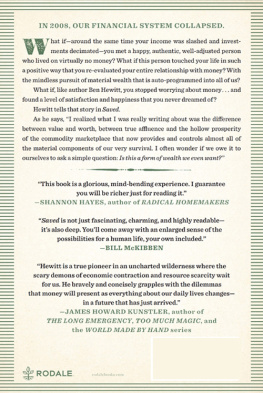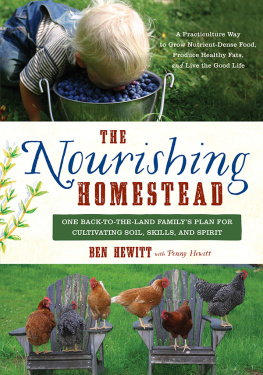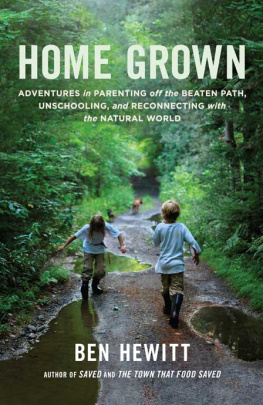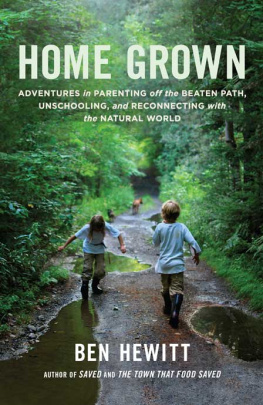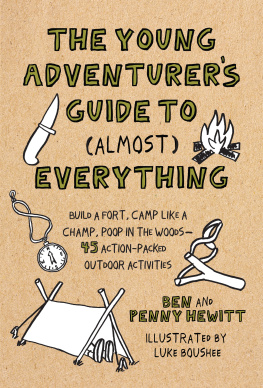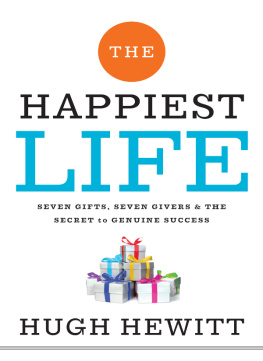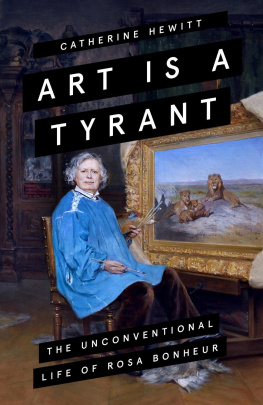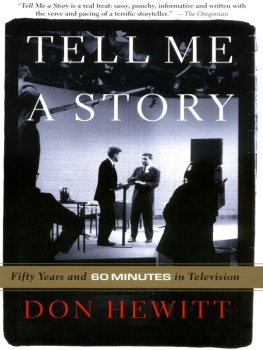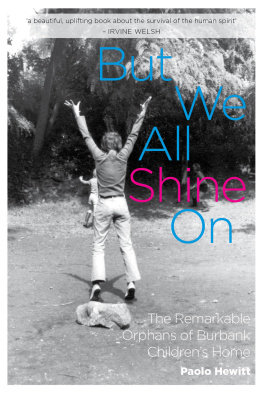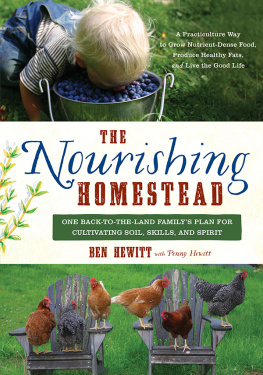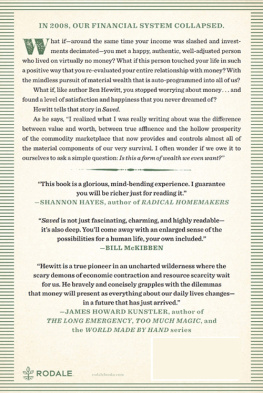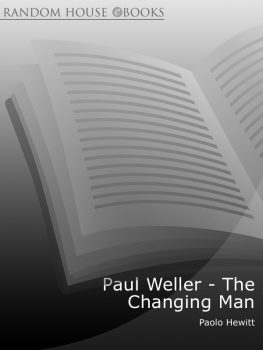
Mention of specific companies, organizations, or authorities in this book does not imply endorsement by the author or publisher, nor does mention of specific companies, organizations, or authorities imply that they endorse this book, its author, or the publisher.
Internet addresses and telephone numbers given in this book were accurate at the time it went to press.
2013 by Ben Hewitt
All rights reserved. No part of this publication may be reproduced or transmitted in any form or by any means, electronic or mechanical, including photocopying, recording, or any other information storage and retrieval system, without the written permission of the publisher.
Book design by Amy King
Library of Congress Cataloging-in-Publication Data is on file with the publisher.
ISBN 9781609614089 hardcover
eISBN 9781609614096

We inspire and enable people to improve their lives and the world around them.
rodalebooks.com

My riches is life.
BOB MARLEY

CONTENTS
In which it is revealed that our happiness or lack thereof is often nothing more than a manifestation of our expectations.
In which I begin to consider my relationship to wealth and how monetary concerns have come to dominate 21st-century American life.
In which I go mushroom hunting with Erik and Breakfast, thereby proving Benjamin Franklin wrong.
In which I explain how I met Erik and became intrigued by his relationship to money and wealth.
In which I reveal all.
CHAPTER SIX
In which I consider matters of appropriate scale, industrialism, embedded energy, the creation of money, and the commodification of the natural world. Oh, and rocks. Those, too.
In which I go for the gold.
In which I grapple with the difference between value and worth and learn about the currency of trust.
In which I have doubts.
In which I choose freedom.
In which I lay it out.
ACKNOWLEDGMENTS
I FEAR it would be impossibleor worse, unforgivably tediousif I were to list everyone who has contributed to this book, either in person or through the sharing of their ideas and insight via their own works. Therefore, I will keep this relatively brief.
First, I am tremendously grateful to my friend Erik Gillard, both for opening his life to me and in the process demonstrating what true wealth looks like. It is no exaggeration to say that my friendship with Erik has transformed not only my relationship to money, but also my understanding of what simply matters. This is one of the greatest gifts I have ever received, and it is my deep hope to pass along his generosity to as many people as possible.
Second, I would like to thank the people who juggled the pragmatic aspects of bringing this book to life. These include my amazing agent Russell Galen, whose insight was essential to the process, and my editor Mike Zimmerman, who granted me the freedom to allow this book to unfold as my experiences dictated. I am also particularly indebted to a pair of insightful and sharp-eyed readers, Mary Elder Jacobsen and Woden Teachout. Thank you, all.
Finally, I am profoundly grateful to my family, including my wife Penny and my sons Finlay and Rye. Not only do they support and nurture me during the writing process, they are forever reminding me that the best things in life arent things at all. As if that werent enough, not a one of them ever complains that I dont make enough money.
PRELUDE
The boyis only 12 and already he is a cradle of self-awareness and resourcefulness rarely associated with such tender youth.
At 12, he is a vegetarian and has been for a year already, for he loves animals and cannot imagine their having suffered for his benefit. Or perhaps more accurately, he can imagine it, and because he can, he cannot be party to it.
At 12, he erects complicated structures in the backyard of his parents home, utilizing materials scavenged from the cobwebbed corners of the old timber-framed barn that sits listing but still majestic in the center of the property. One of these structures is a tree house he built with his brothers, and when he speaks of it now, he describes like this: We built it way up in the tree, like five stories, and it had all these platforms and windows and stuff. His hands dart and jab the air in the retelling, like birds pecking at scraps of food. Nearly 2 decades have unfolded since that tree house was built; perhaps the passing of time has made the tree house grander, as the passing of time is wont to do. But still: five stories!
At 12, he collects castaway bottles, in part because it bothers him to see them cast away, and in part because he likes to line them up in rows along the walls of his room. He thinks the glass is pretty, and he thinks that maybe someday hell find a use for them.
At 12, he is walking home from school one afternoon and spies the top of a bar stool emerging from a dumpster. It is orange, like a traffic cone. Like a beacon. He grabs the rim of the dumpster and boosts himself up the smooth metal side. He grabs the stool, throws it over his shoulder, and carries it 1 mile home. Its a perfectly good stool, and he cant understand why it was thrown away, but he doesnt dwell on it. He is only 12, after all.
In the winter when he is 12, he skates every day on the reservoir only a few steps from his house. He thinks about how he learned to skate many years before, alternately wobbling and gliding across the ice, wearing a leather football helmet that once belonged to his grandfather. He remembers how his father would tie his skates for him, stooped over his feet in the open doorway of the barn, his fathers fingers red with cold. Fumbling with the laces. This is one of his strongest memories, and in its recounting, his hands remain still.
He remembers how, years before, someone had released a school of goldfish into the reservoir, how theyd thrived, grown fat and sleek on whatever goldfish eat. He tells how, out on the ice, he pumped his arms and began to push outward on the honed steel blades of his skates. They cut shallow grooves on the reservoirs surface. Parting frozen water. Rhythmic scrape, blood rushing through him, he begins to move across the frozen surface, graceful, fast, unencumbered, unafraid. No helmet now. He doesnt fall anymore.
He looks down. The ice is clear, or at least clear enough that he can see the carp, grown now, each a foot long or more. They scatter beneath him and he tries to follow one and for a while it lets him, but then it veers downward and disappears in the murky water. For the briefest of moments he imagines himself a fish, living among a school of other fish. But its silly, he knows. He is not equipped for such things and besides, they are down there and he is up here, separated by a barrier that is at once translucent and impenetrable.

